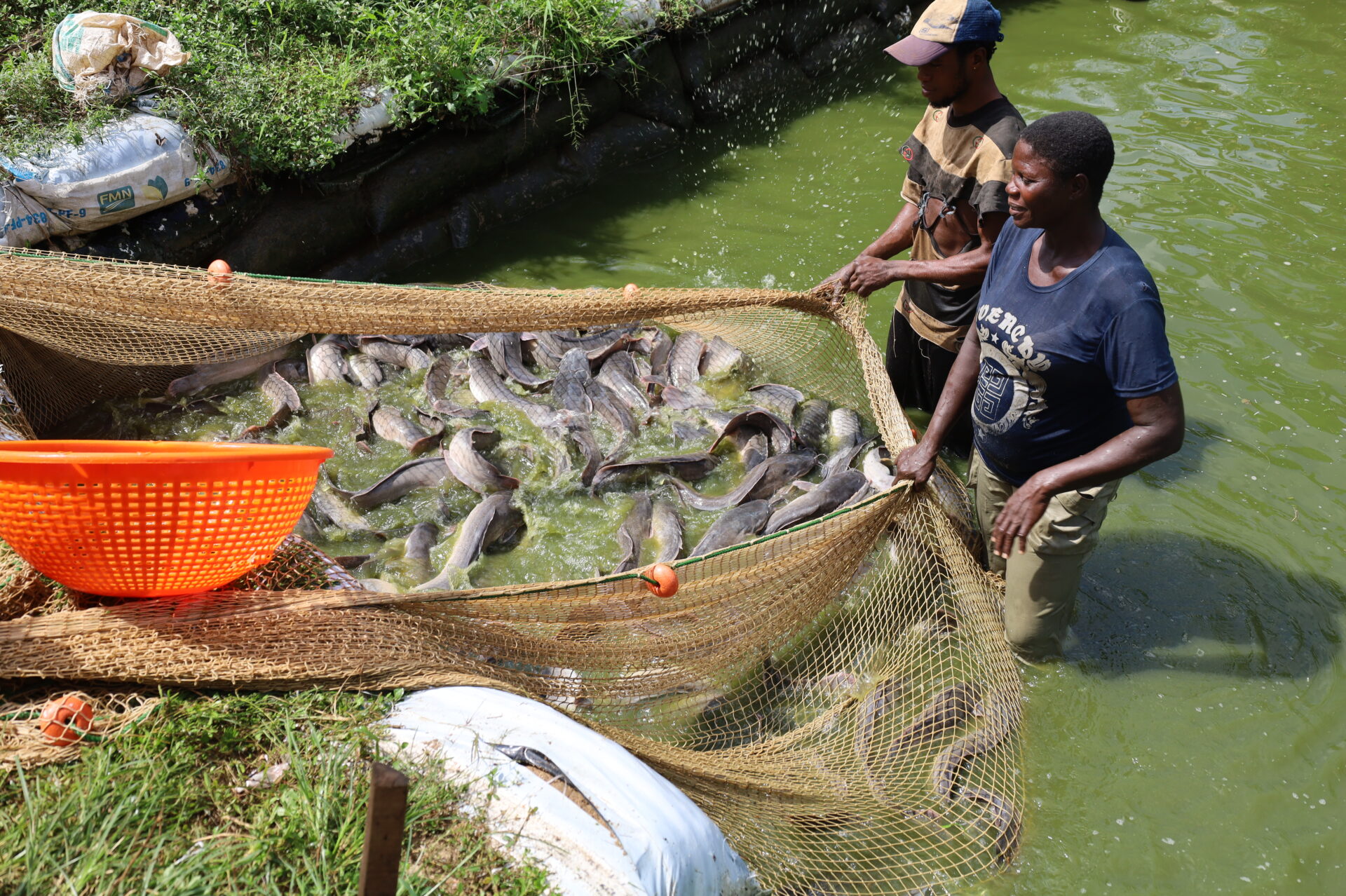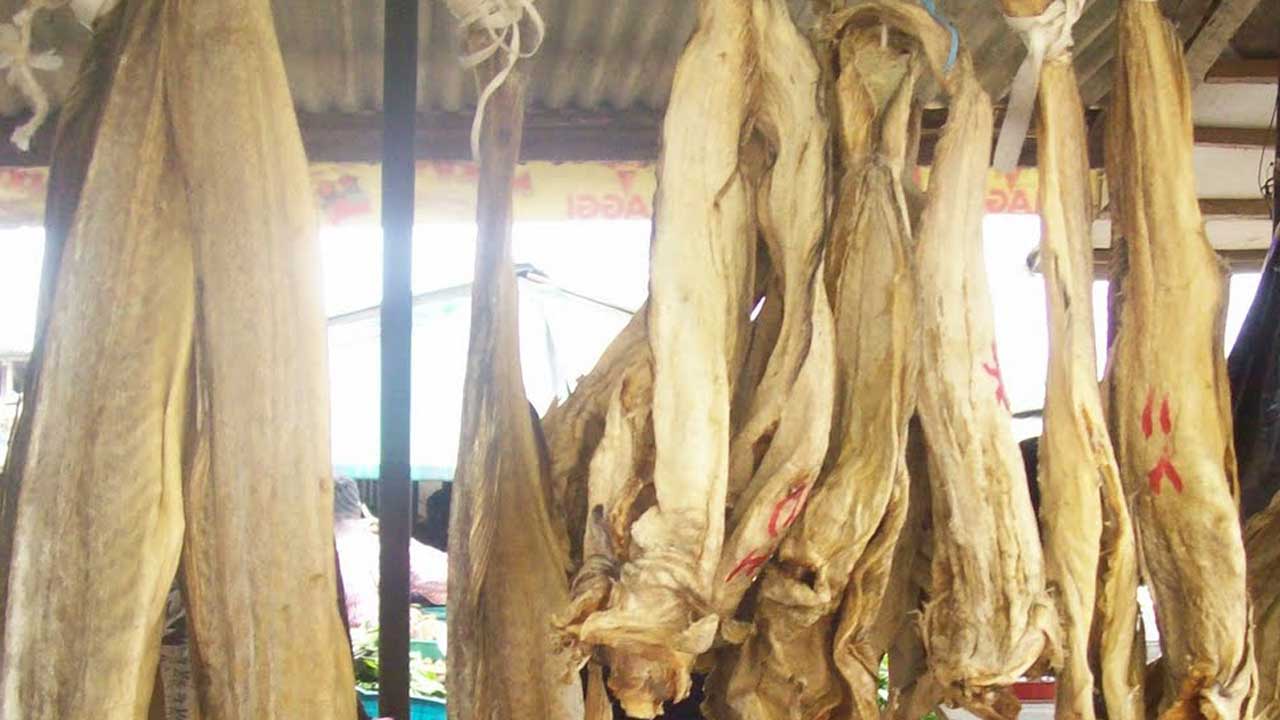The Economic Community of West African States (ECOWAS) under its Youths Employability Program (YEP) has mobilised $2.38m to boost youth employment in the Agriculture pastoral and fisheries sector in Nigeria and other member states.
The Commissioner of Economic Affairs and Agriculture of ECOWAS, Mrs Massandje Toure-Litse disclosed this in Abuja during the flag-off of the ECOWAS YEP Agroecology training programme for 300 Nigerian youths, implemented in partnership with the Association of Organic Practitioners of Nigeria(NOAN).
She hinted that ECOWAS had mobilised significant financial resources, noting that between 2024 and 2025 alone, the ECOWAS Commission had allocated over US$2.2m in direct grants to training centres across member states, including Nigeria.
The Commissioner, represented by the Programme Officer for Rural Development and Land Governance, Dr GLE Kofi Emmanuel stated that the programme was targeted at equipping youths with practical, market-driven skills in agribusiness, agroecology, and organic value chain, as well as providing them with skills that will transform them from job seekers into job creators.
He said: “the strategy is not merely aim to treat the symptoms of youth unemployment, but designed to tackle the root causes. The goal is to accelerate the transformation of agricultural and agri-food value chains, making them more productive, sustainable, and attractive to young people, while at the same time creating millions of decent jobs.
For Nigeria, the ECOWAS commissioner said implementation will focus on leveraging the country’s vast agricultural potential and support Nigerian youths to access training, financing, and markets, while also modernising family farms, strengthening food security, and reducing rural exodus.
The Minister of State, Federal Ministry of Agriculture and Food Security, Senator Sabi Abdullahi stated that the YEP was designed to address high youth unemployment and underemployment, food insecurity and over-dependence on imports, unsustainable exploitation of land, water, and forest resources and the growing threat of climate change on agriculture and rural livelihoods.
He mentioned that the training initiative in Nigeria will train youths in advanced skills for sustainable agroecology, and fisheries management, provide hands-on demonstration farms, fisheries hatcheries, and agroforestry plots to serve as centres of excellence.
Abdullahi added that it would also build capacities for youths to become entrepreneurs, job creators, and service providers rather than job seekers, as well as promote regional integration by aligning Nigeria’s programmes with the ECOWAS Agricultural Policy (ECOWAP) and the Agenda 2063 of the African Union.
The President of NOAN, Prof Jude Obi stated that most of the participants of the training have requisite knowledge about agriculture, but lack access to facilities after training, he said the training was deliberately structured to address this gap by linking youths to cooperative schemes, and market opportunities.
He mentioned that the future they envision is a generation of digitally enabled, environmentally conscious, and business-minded agripreneurs who will transform the country’s food systems.






